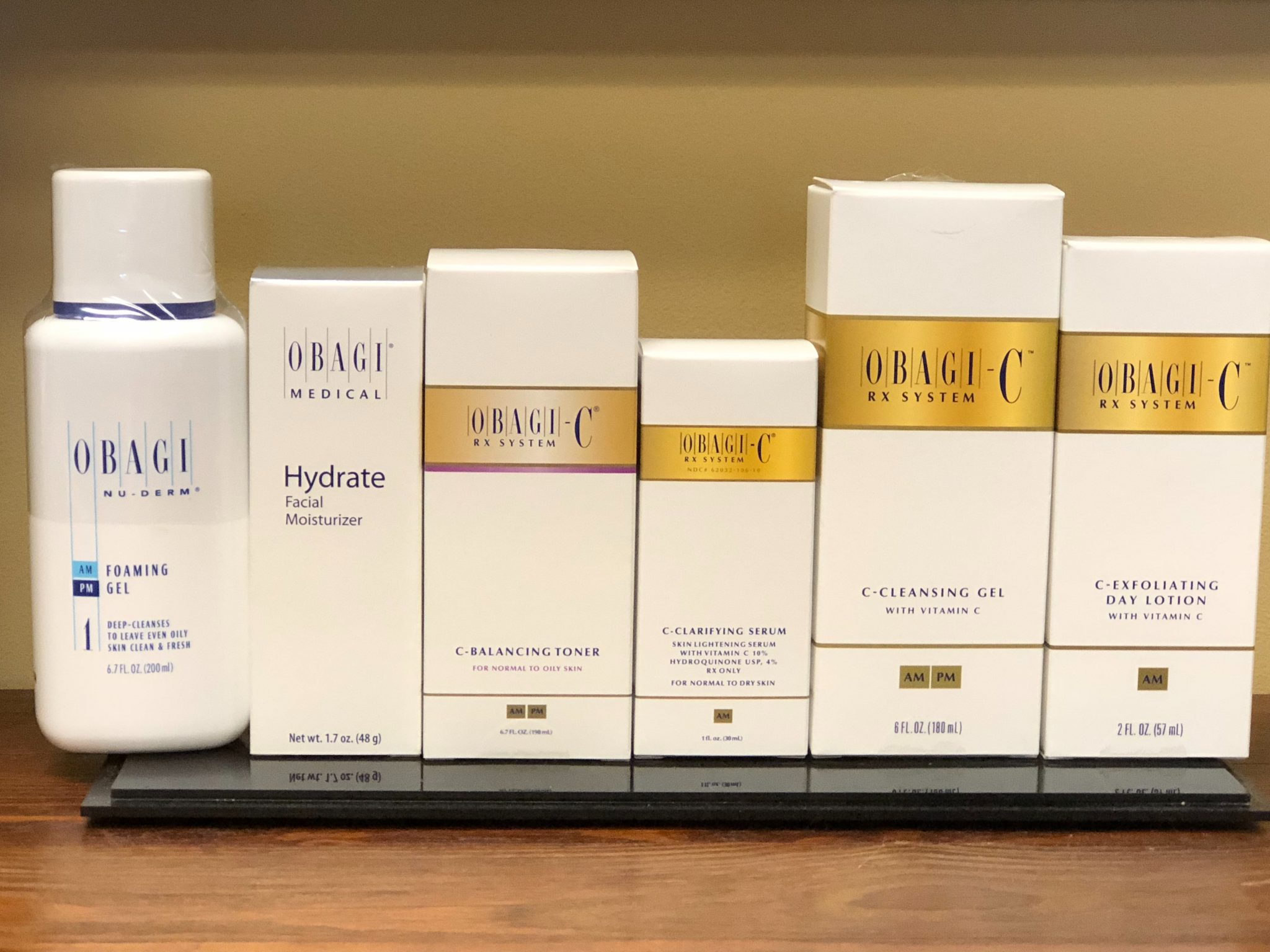January is the traditional time of year when many of us make New Year’s resolutions…
What’s Bugging You? A Hunter’s Guide … Part One : Chiggers
After a long, hot summer, hunting season has finally arrived and you’re cleaning guns, packing ammo and gathering supplies.
As you make preparations to spend time in the fields and forests, don’t forget to make plans to protect yourself from the elements of nature that can ruin your fun: chiggers, ticks and poison ivy/oak.
In this three-part series we’ll discuss these party-crashers in terms of what they are, what they can do to you, how to avoid them and what to do if you come into contact with them.
At Price Skin Care of Ridgeland, Mississippi we’re committed to helping you take care of your skin – and avoiding nerve-wracking itching, pain and disease from nature’s nasties like chiggers, ticks and poison plants.
We begin with chiggers, also commonly known as ‘red bugs’.
Chiggers, which are actually the larva of mites, don’t carry disease as do ticks, but they like to stick and around will make you itch like there’s no tomorrow. You can’t see them with the naked eye so the best way to avoid these pests is to know their habitat, and behaviors and how to avoid their bites.
Below are seven tips to help you do that as well as some help with what to do if bitten.
Tip # 1: Keep away from chigger hangouts
Chiggers love warmth and moisture and are most often found in humid areas. You can pick up chiggers while walking through brush, bushes, tall grass, weeds, marshes, swamps and forests. So when hunting in these habitats during humid times of the year, be extra vigilant.
Tip # 2: Be careful where you sit
Sit on a folding chair or lay on a blanket, but try to keep from coming into direct contact with the ground, stumps or logs where chiggers are most likely to lie in wait for a warm-bodied host.
Tip #3: Plan your outings when chiggers are least active
Chiggers get hungry on warm spring and summer afternoons days when the temperature is 77–86 °F. It’s best to hunt in weather below 60 °F (15.6 °C) when chiggers are inactive or when the temp drops down to 42 °F when they die.
Tip #4: Dress to avoid pests
To protect your skin, wear long pants and shirts with long sleeves when in chigger territory. You’re best protected when wearing clothes with minimal openings. So tuck your shirt in your pants and if you can, tuck your pants legs into a pair of high socks to keep chiggers at bay from your legs.
Tip #5: Repel with spray
Insect repellents containing diethyl meta-toluamide (DEET) or Permethrin will help ward chiggers off. Spray the repellent that contains DEET at the top of your socks, your waist, and even your ankles.
Caution: You can apply DEET to your clothes and skin, but wash your skin as soon as possible. Do not use a repellant with Permethrin on your skin. These repellents can cause burning or itching on your skin so take care with them as use as directed.
Tip #6: Apply sulfur
If you’re averse to using chemicals, you might try dusting your clothes with sulfur powder. You’ll smell like rotten eggs, but perhaps better that than scratching and itching.
Tip #7: Shower and scrub
As soon as possible, take a warm shower or bath after you’ve been in a chigger habitat. This will release chiggers that have found a home on your skin. Chiggers don’t burrow under the skin and can be easily washed or scrubbed off your body.
Be sure to wash your clothes before wearing them again to avoid picking up any remaining chiggers.
If all else fails and you find yourself chigger bitten:
1) Treat with hydrocortisone or calamine lotion
2) Avoid scratching, which can cause a bacterial infection.
3) If you contract a fever or swelling, or if you are allergic to hydrocortisone or calamine lotion, see your skin care doctor for alternative treatments.




